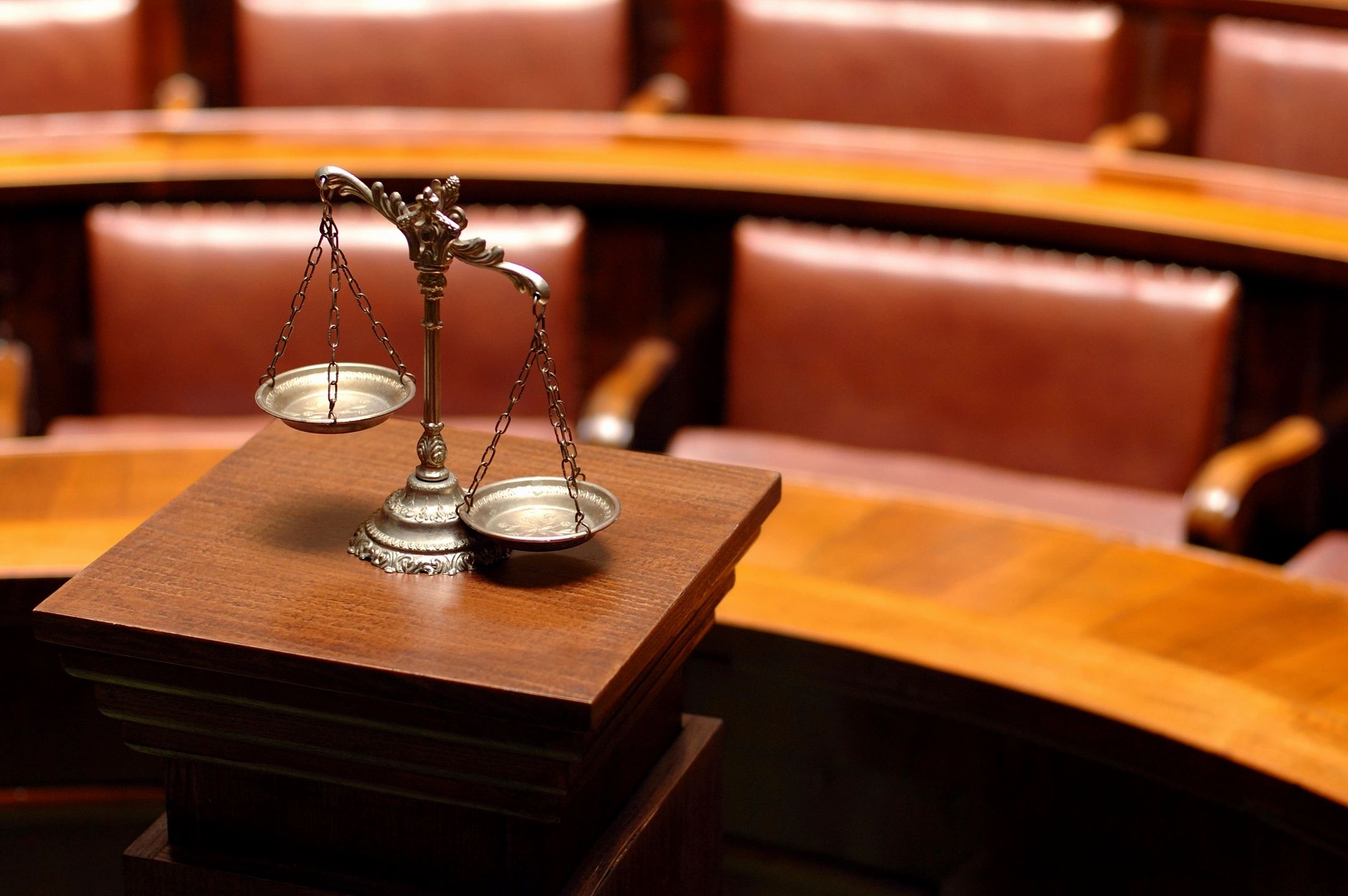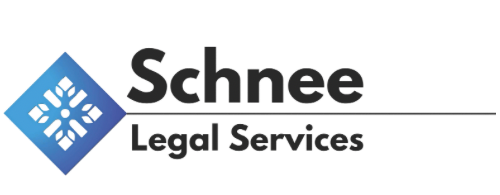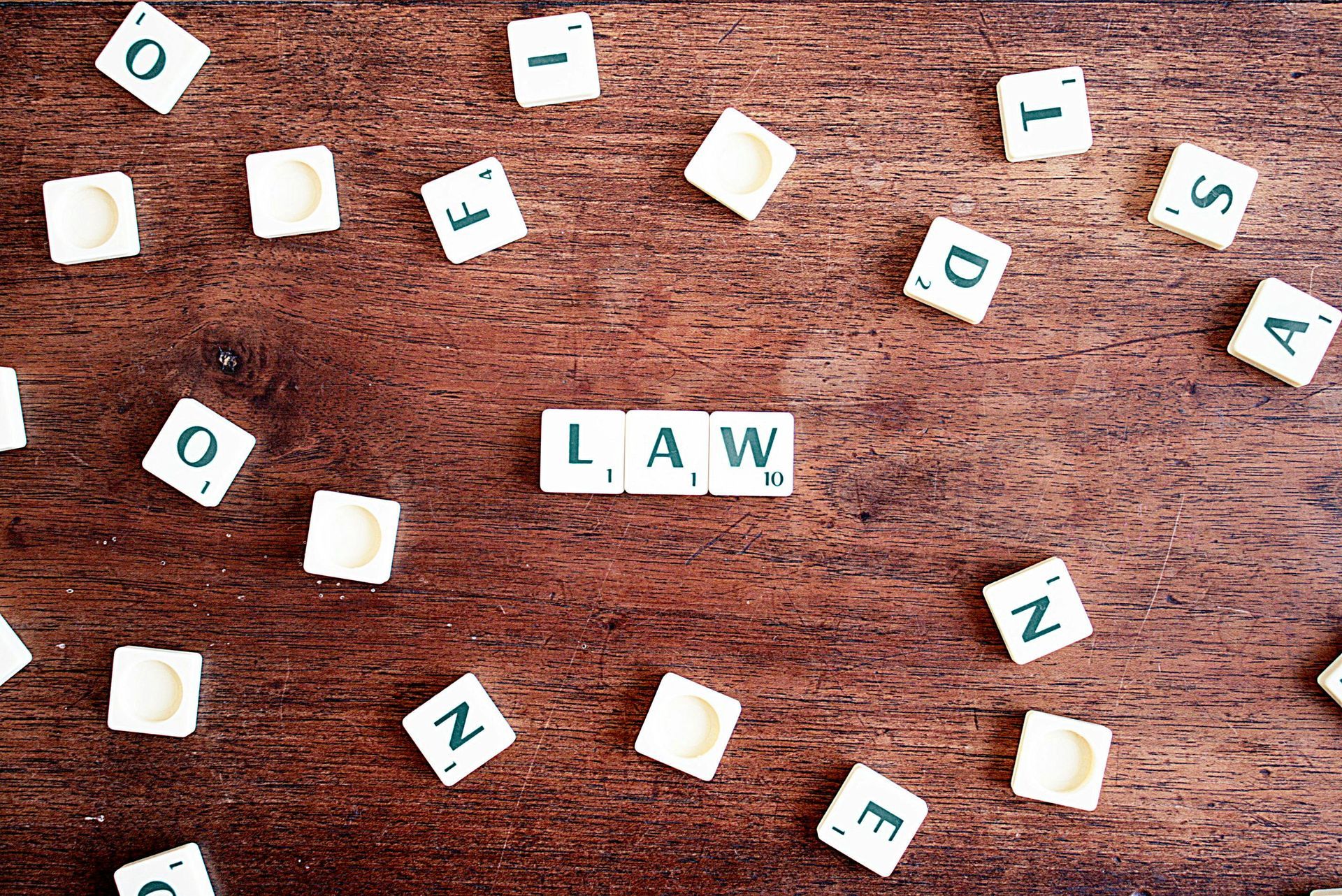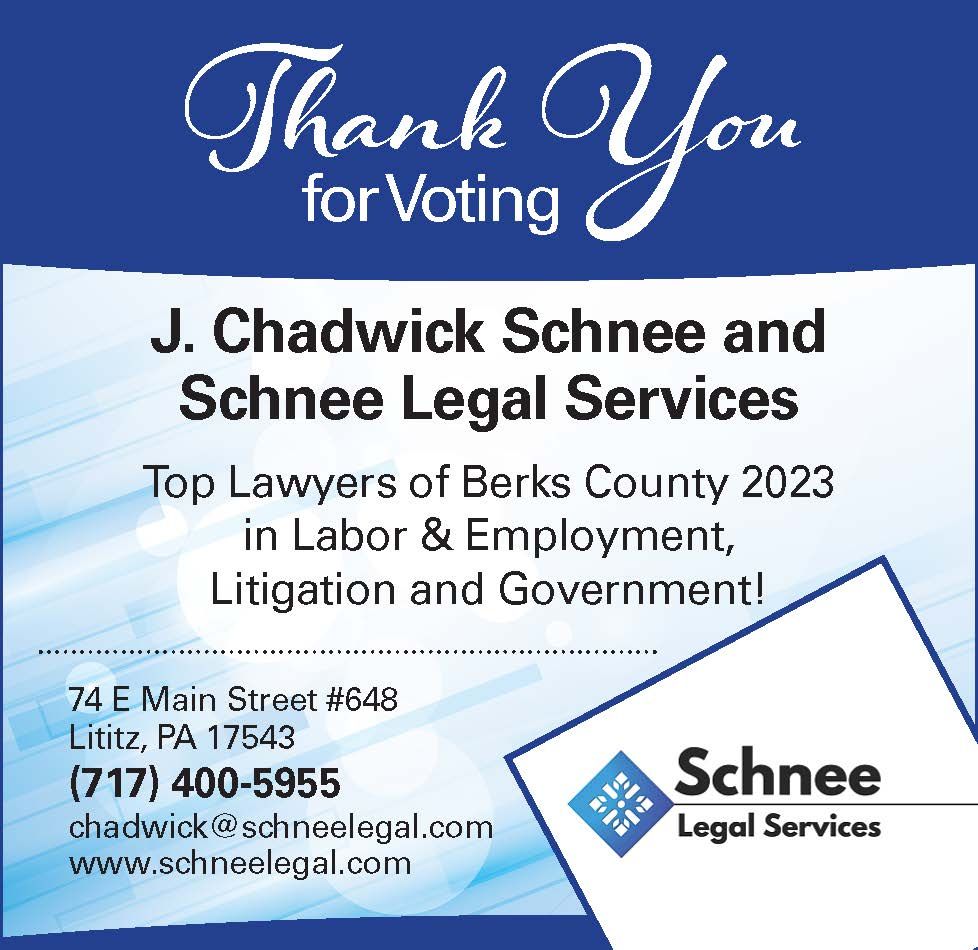


PA's Anti-SLAPP Shield: How We Won $6K+ for a Client's Free Speech Rights
PA's Anti-SLAPP Shield: How We Won $6K+ for a Client's Free Speech Rights
In an era where speaking out on matters of public concern can sometimes lead to costly legal battles, Pennsylvania’s Uniform Public Expression Protection Act (Act 72 of 2024) stands as a powerful shield for those exercising their constitutional rights. Signed into law on July 17, 2024, with immediate effect, this statute addresses the growing issue of Strategic Lawsuits Against Public Participation (SLAPP) designed to silence critics through the burden of litigation. At Schnee Legal Services, LLC, we recently leveraged this Act to secure a significant victory for a clientin Clearfield County, Pennsylvania, including an award of over $6,000 in attorney fees, court costs, and litigation expenses. This blog explores the Act’s purpose, its key provisions, and how our firm successfully applied it to protect our client’s right to free speech.
The Uniform Public Expression Protection Act: A Response to SLAPP Suits
The Pennsylvania General Assembly recognized a troubling trend: a rise in lawsuits aimed at chilling valid public expression. These SLAPP suits exploit the judicial process to intimidate individuals and organizations into silence, often targeting those who speak out on public issues or participate in government proceedings. To counter this, Act 72 of 2024, codified at 42 Pa.C.S. §§ 8340.11 et seq., establishes robust protections for “protected public expression.” The Act’s stated goals include encouraging continued participation in matters of public significance and preventing the abuse of judicial processes to suppress free speech (42 Pa.C.S. § 8340.12).
What Constitutes “Protected Public Expression”?
The Act defines “protected public expression” broadly to encompass:
- Communication in legislative, executive, judicial, or administrative proceedings;
- Communication on issues under consideration or review in such proceedings; or
- The exercise of rights to freedom of speech, press, assembly, petition, or association on matters of public concern, as guaranteed by the First Amendment to the U.S. Constitution or Sections 7 and 20 of Article I of the Pennsylvania Constitution (42 Pa.C.S. § 8340.13).
This broad construction ensures that individuals engaging in these activities are safeguarded from retaliatory litigation.
Key Mechanisms of the Act
The Act provides a clear framework for dismissing meritless claims early in the litigation process. Under 42 Pa.C.S. § 8340.15, individuals are immune from civil liability if the opposing party fails to:
- Establish a prima facie case for each essential element of their cause of action; or
- State a cause of action upon which relief can be granted.
Additionally, immunity applies if there is no genuine issue of material fact and the defending party is entitled to judgment as a matter of law (42 Pa.C.S. § 8340.15(2)). To enforce this immunity, the Act allows for a special pretrial motion to be filed within 60 days of service of a pleading asserting a cause of action based on protected public expression (42 Pa.C.S. § 8340.16). Critically, if immunity is granted, the court is mandated to award attorney fees, court costs, and litigation expenses to the immune party (42 Pa.C.S. § 8340.18(a)(1)).
A Real-World Victory
At Schnee Legal Services, LLC, we recently applied the Uniform Public Expression Protection Act to protect a client in a case before the Court of Common Pleas of Clearfield County, Pennsylvania. Our client initiated a Sunshine Act (65 Pa.C.S. §§ 701 et seq.) action against an agency that challenged its compliance with open meeting laws. In response, the Defendants filed a counterclaim on March 3, 2025, seeking judgment and attorney fees, a move that appeared designed to deter her from pursuing her legal rights.
Recognizing that the Sunshine Act challenge constituted “protected public expression” under the Act—specifically as communication in a judicial proceeding and an exercise of her right to petition on a matter of public concern—we promptly filed a special pretrial motion for judgment on the counterclaim pursuant to 42 Pa.C.S. § 8340.16. Our motion argued that the Defendants failed to establish a prima facie case, did not state a cause of action upon which relief could be granted, and that no genuine issue of material fact existed, entitling our client to judgment as a matter of law.
The Outcome
The court agreed, granting our motion and dismissing the Defendants’ counterclaim based on our client's immunity under 42 Pa.C.S. § 8340.15. Furthermore, pursuant to the Act’s mandatory provision, the court ordered the Defendants to pay over $6,000 in attorney fees, court costs, and litigation expenses incurred by our client in defending against the counterclaim. This award included costs related to responding to the counterclaim, researching and filing the motion, preparing for oral argument, and associated travel expenses.
This victory underscores the Act’s power to protect individuals from retaliatory lawsuits and to shift the financial burden onto those who attempt to abuse the judicial process. It also serves as a testament to Schnee Legal Services’ commitment to defending our clients’ constitutional rights with strategic and effective legal advocacy.
Why This Matters
The Uniform Public Expression Protection Act is more than a legal tool—it’s a lifeline for individuals and organizations who might otherwise be silenced by the threat of costly litigation. Whether you’re challenging local government transparency, speaking out on public policy, or petitioning for change, this Act ensures that your voice can be heard without fear of financial ruin. The mandatory award of attorney fees and costs levels the playing field, deterring bad-faith actors from weaponizing lawsuits to suppress dissent.
For our client, this law meant the difference between facing a potentially ruinous counterclaim and emerging victorious with her legal costs covered. Her case demonstrates that the Act is not just theoretical—it delivers real, tangible results for those who stand up for their rights.
Practical Advice: How to Protect Your Rights Under the Act
If you believe you’re facing a lawsuit designed to silence your public expression, consider the following steps:
- Document Everything: Keep detailed records of your communications, especially those related to government proceedings or public issues. These records can help establish that your actions fall under “protected public expression.”
- Act Quickly: The Act requires a special pretrial motion to be filed within 60 days of receiving a pleading asserting a cause of action. Missing this deadline could limit your ability to invoke the Act’s protections.
- Consult Experienced Counsel: An attorney familiar with the Act can assess whether your case qualifies for immunity and guide you through the process of filing a special motion. Timing and precision are critical.
- Understand Your Rights: The Act covers a wide range of activities, from speaking at a public hearing to filing a lawsuit like a Sunshine Act challenge. Knowing what qualifies as protected expression can empower you to act confidently.
Conclusion
Pennsylvania’s Uniform Public Expression Protection Act is a landmark statute that safeguards free speech and public participation from the threat of retaliatory lawsuits. At Schnee Legal Services, LLC, we are proud to have secured a significant victory under this Act for our client, demonstrating its effectiveness in real-world litigation. The court’s dismissal of the counterclaim and award of over $6,000 in fees and costs sends a clear message: Pennsylvania will not tolerate attempts to silence those who speak out.
If you’re facing a legal challenge for exercising your right to free speech or need guidance on navigating Pennsylvania’s open government laws, Schnee Legal Services, LLC is here to help. Contact us at (717) 400-5955 or visit schneelegal.com to schedule a consultation. Your voice matters, and we’re here to protect it.











